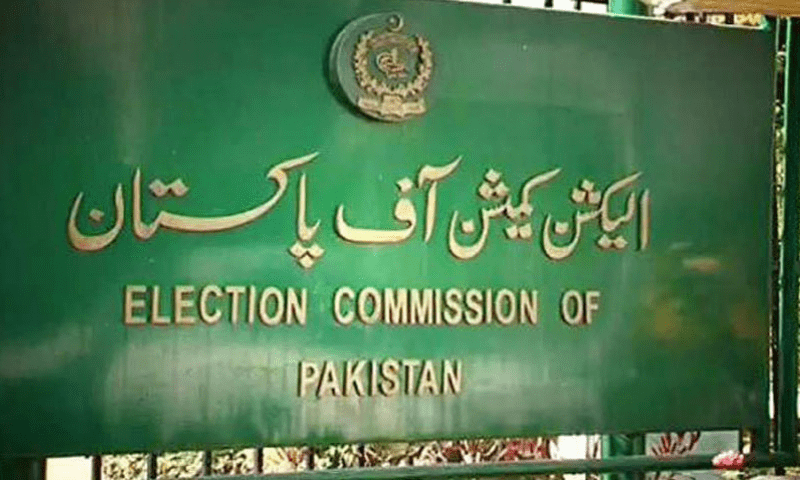
[ad_1]

ISLAMABAD: Ten days after the Supreme Court ordered the Election Commission of Pakistan to immediately implement its verdict on eligibility of PTI for reserved seats in the national and provincial assemblies, the ECP will hold another meeting on Tuesday to consult a legal expert on how to go about.
Informed sources told Dawn that the commission held meetings on a daily basis last week to discuss a legal quandary arising after a recent amendment to the elections act made by the parliament and also consulted the legal expert.
A source said the commission consulted the legal expert on Monday as well.
“But the situation has changed after the announcement of the detailed judgement of the Supreme Court and the commission will meet again on Tuesday to seek opinion of the legal expert,” the source said.
Apex court warned commission of consequences in case of non-implementation of its Sept 14 order
The Supreme Court had in its September 14 order sought immediate implementation of its majority judgement on reserved seats case and had warned of consequences if it was not done.
During the meetings last week, the ECP’s law wing raised legal questions and said the PTI had no organisational structure.
The law wing also referred to a controversial election law, apparently aimed at circumventing the Supreme Court verdict on reserved seats and sap the expected strength of PTI in parliament, bulldozed through both houses of parliament on a single day last month.
The source, without disclosing the name of the legal expert, said similar views were expressed by the expert.
Under the amendment, a political party is not to be allocated seats reserved for women and non-Muslim candidates if it fails to submit its list for the reserved seats within the prescribed time.
The law, designed to have retrospective effect, also provides that candidates should be considered independent lawmakers if they had not filed a declaration with the returning officer about their affiliation with a particular political party before seeking the allotment of a poll symbol.
The amendments to sections 66 and 104 of the Elections Act made under the law also included provisos declaring that the proposed amendments would take precedence over court orders, including the Supreme Court’s.
As the ECP kept sitting on the SC order of September 14, National Assembly Speaker Sardar Ayaz Sadiq wrote a letter to Chief Election Commissioner Sikandar Sultan Raja last week urging him not to implement the SC judgement on reserved seats.
In his letter, the speaker said since the SC judgement was based on the law prior to the enactment of the amendment, it cannot be implemented now.
“Instead, it is the amended Elections Act that shall prevail and supersede the prior ruling,” he stressed.
“The amended Elections Act is in the field and, therefore, it is the statutory obligation of the ECP to honour the laws made by Parliament and uphold the principles of democracy and parliamentary supremacy,” the speaker emphasised.
A petition on similar lines, filed by two PML-N lawmakers, also landed in the ECP the same day. It urged the ECP to declare that all those political parties which failed to submit their list for reserved seats within the prescribed time in terms of Section 104 of the Elections Act, 2017, are not eligible for reserved seats at a later stage.
It also urged the ECP to declare that all independent returned candidates who have once submitted declaration of affiliation for joining any political party, are now deemed to be member of that political party and cannot substitute or withdraw the same.
A senior ECP official, while commenting on the Supreme Court judgement, said the judgement has rendered the Elections Act ineffective and wondered under which law the Commission should operate.
“The ECP has now become a redundant body,” he remarked, adding that the Supreme Court has taken over the ECP and now it should declare the ECP to be its branch.
Published in Dawn, September 24th, 2024
[ad_2]
Source link






